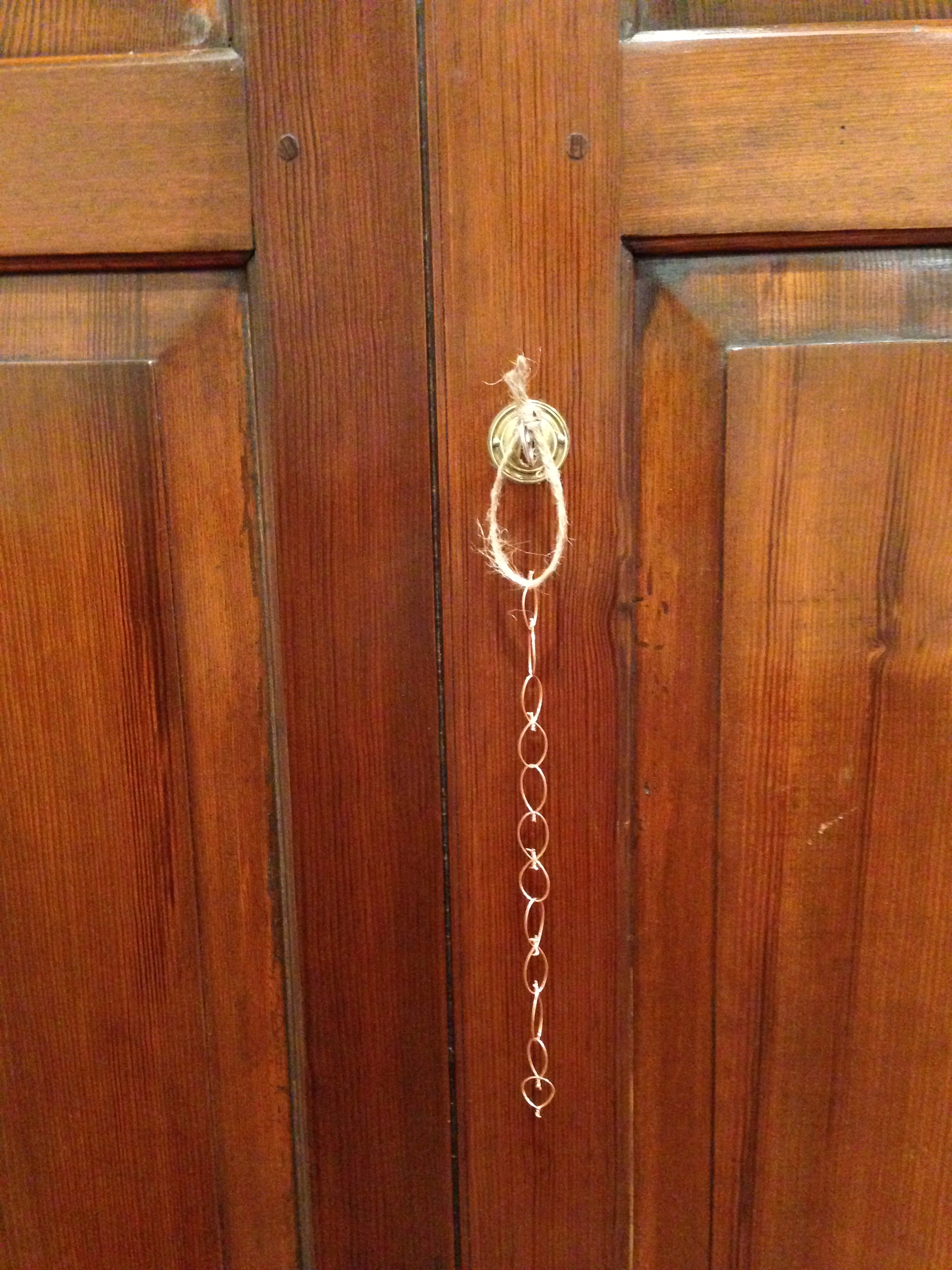"We first make our habits, then our habits make us." John Dryden
This line is catchy and easy to remember and probably is a misquote. What is attributable to the English writer is this. "Ill habits gather by unseen degrees, As brooks make rivers, Rivers run to seas." While the lines from the poem aren't quite as pithy as the adage, they tell a fuller tale.
Habits, good and ill, are powerful things. They feed on themselves. Actions that begin with little to no conscious thought, become patterns. Patterns become deeper and more entrenched. And it's only in retrospect that you realize that the groove you're in is so deep that changing will take some doing. You've formed a habit. Excellent- if the habit is a "good"one-one that makes life easier, healthier, happier. Like putting your car keys in a certain place or flossing your teeth or paying your bills on time. Good habits ensure that lots of things that could be confusing and time-consuming become simple and routine. The proverbial wheel doesn't need to be re-invented hundreds of times a day. We know and are comfortable with our habitual ways of doing and being.
But Dryden writes of ill habits. What about those that make your life harder, sicker and sadder? They are sneaky, insidious, and stealthy. Little by little, a seemingly innocuous behavior becomes a troubling pattern. The babbling brook, becomes a racing river and the river empties into the churning sea. What started out with little to no conscious thought, certainly with no intention of doing oneself or others harm, has become a way of life. By unseen degrees, you're in a mess.
So how do we break destructive habits? How do we stop the knee-jerk actions and reactions that we live to regret? Name the behavior. Identify its replacement. And then stick with it. Habits die hard. The bad ones are especially hard to bump off. Some self-help Pollyanna suggested twenty-one days was the magic number for habit formation. And it does seem that forming bad habits is much easier and faster than forming good ones. But more careful research indicates that a habit doesn't fully root for at least two months. And old, really bad habits might take a whole lot longer to vanquish.
I'm telling you about my ill habit abatement plan as a way to keep on track. You know, public proclamation makes throwing in the towel a little harder. The copper chain has twelve loops, one per month. I'm not taking any chances! I've hung the chain in a prominent place where it will serve as a visual reminder. Clipping a loop will be ceremonial. The goal is perfection- nothing more to take away. The chain and the ill habit- vanquished.
I'll keep you posted.
Here's the Ill Habit Abatement update. Come September 1, 2018 the last loop will be clipped and discarded. How satisfying! It's been a good reminder but I won't be sorry to see it go. My good habit has taken root but it's still a sapling and could succumb to neglect. But life is easier with this good habit, so I'm optimistic that the sapling will one day be a sturdy tree that holds up effortlessly.
“We are what we repeatedly do. Excellence then is not an act, but a habit.” Aristotle

